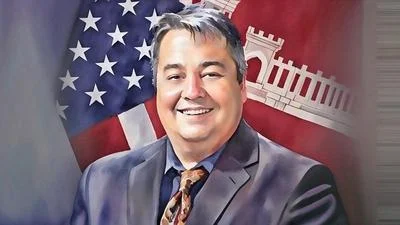WASHINGTON, DC - The House Energy and Commerce Subcommittee on Communications and Technology today approved the Jumpstarting Opportunity with Broadband Spectrum (JOBS) Act of 2011 with a bipartisan vote of 17 to 6. The JOBS Act will advance wireless broadband service, spur billions of dollars in private investment, create thousands of jobs, help bring interoperable broadband communications to public safety officials, and reduce the deficit by approximately $15 billion.
“Primarily, this legislation is about getting America’s economy going again. It is a bill that frees up vast swaths of valuable spectrum that when put into service will unleash new technologies," said Walden. “It will spur innovation, and both sides agree it will create as many as 100,000 new American jobs. And in the process, the companies who want this spectrum will pay the taxpayers for it, generating upwards of $15 billion toward paying down the deficit and finally meeting the needs of our valued public safety officials by building them their own nationally interoperable public safety broadband network."
The JOBS Act authorizes the Federal Communications Commission to conduct incentive auctions that will significantly expand the availability of wireless broadband for consumer use, spurring both innovation and job creation. To meet the needs of our nation’s first responders, the bill ensures public safety officials will have the 20-MHz block of contiguous spectrum they have requested. The JOBS Act reallocates spectrum known as the 700 MHz D Block and provides for the eventual return of existing narrowband spectrum that would be vacated as public safety transitions to the new interoperable broadband network. Finally, the bill makes up to $6.5 billion in grants available for construction of the interoperable public safety network, and creates a governance structure for construction and operation of the network.
The subcommittee approved bipartisan amendments that would ensure international coordination for broadcast repacking, require several studies on 911 and Next Generation 911, and provide funding for a NG911 buildout. In additions, members approved amendments that prevent the FCC from placing unrelated regulations, such as net neutrality or wholesaling conditions, on auctions, and prohibit any person deemed a national security risk from bidding for spectrum or from receiving grant funds for public safety buildout or equipment.




